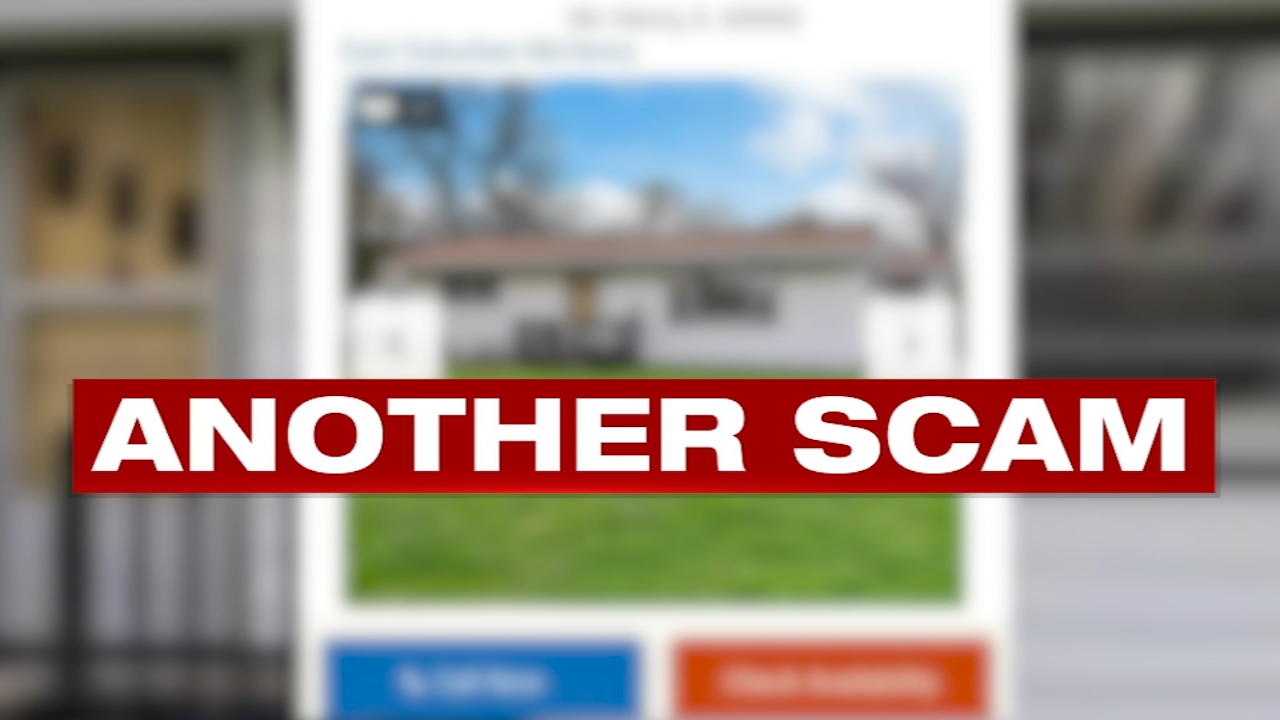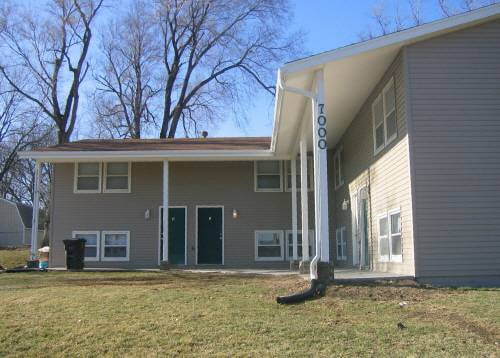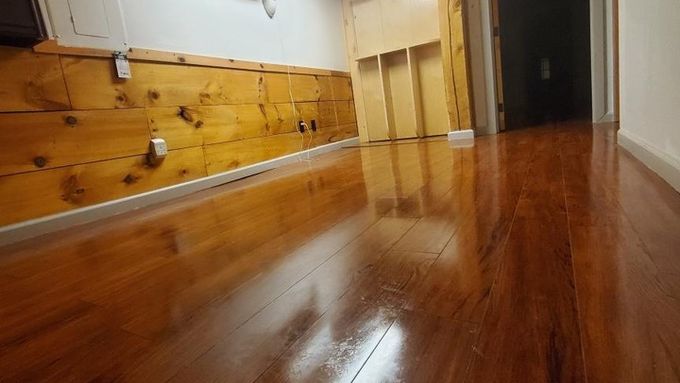As a landlord or homeowner, you want to make sure all your tenants are taken care of and that the rental unit is safe, but what happens when something goes wrong? Water damage can cause thousands of dollars in repairs and – even if it's not caused by you – it could be your responsibility. In this blog post, we'll tackle the question: Is tenant responsible for water damage?
We'll look at who covers costs for any possible repair work that may need to be done as well as how damage should be reported and addressed. So read on if you're interested in learning more about who should take responsibility when water damages a home!
The owner's responsibility
As per the law, it is the responsibility of the property owner to ensure that the rental space is safe and suitable for habitation. This entails the provision and upkeep of essential plumbing fixtures such as the toilet, tub, shower, and hot and cold running water, in proper working order.
Furthermore, before leasing the property to a tenant, the landlord must inspect the plumbing and drainage to guarantee that they are functioning correctly. Failure to do so gives the tenant the right to withhold rent and vacate the premises.
The landlord is also accountable for maintaining the plumbing and pipes in good condition. In the event of a problem caused by the landlord's negligence in maintaining the property, such as a pipe bursting, the tenant is not liable. However, if the tenant notices an issue and reports it to the landlord, it is the landlord's responsibility to address and rectify the problem.
The tenant's responsibility
The tenant bears the responsibility for anything that they own or bring into the rental property. This means that if a tenant's appliance, such as a washing machine, causes damage to the property, the tenant is accountable for the repairs and must fix the appliance themselves.
If the tenant's actions result in water damage to the property, they are responsible for the damage. This includes damage caused by the tenant's negligence or failure to alert the landlord to water problems promptly.
For example:
If a tenant causes a blockage in sewage pipes by flushing unsuitable objects down the toilet, they will be held accountable for any water damage that occurs.
In the case of a water problem, such as a leak, tenants must quickly remove their personal belongings from harm's way and notify the landlord right away. If they fail to do so, the landlord is only responsible for repairing the damage to the property and not the tenant's personal items.
Additionally, if the tenant does not report the water damage on time or take measures to mitigate it, such as turning off valves, they could be held responsible for the damage.
Obtaining the tenant's cooperation
To secure the tenant's cooperation in preventing and addressing water damage, the first step is to create a comprehensive lease agreement that addresses all the areas of concern. This can involve specific clauses that outline the respective responsibilities of the landlord and tenant in preventing and repairing water damage.
It is crucial to educate tenants on the significance of promptly detecting and reporting water damage. Landlords can offer guidance on how to minimize damage in case of a water-related emergency by providing emergency plumber contact information and demonstrating the location of the main water shut-off valve to the tenants.
FAQs about Is Tenant Responsible For Water Damage
Who is responsible for damage caused by a leak?
If the tenant notices a leak and reports it to the landlord promptly, then the responsibility lies with the landlord. If a tenant fails to report a leak and it causes damage, they are liable for any ensuing costs.
Can I sue my landlord if they don't repair water damage?
Yes, you may be able to sue your landlord if they have not taken the necessary steps to repair water damage in a timely manner. It is best to consult a lawyer for legal advice on this matter.
Can I withhold rent due to water damage?
Under the law, it is the landlord's obligation to furnish and maintain essential items like functioning toilets, showers, hot and cold running water, among others. In the event that the landlord does not meet this obligation, the tenant has the right to withhold rent and vacate the premises.
What happens if the tenant causes water damage?
If a tenant's actions result in water damage to the rental property, they are responsible for any ensuing costs. The landlord has the right to deduct these costs from their security deposit or sue them for damages.
What should I do if I notice water damage in my rental property?
If you notice any water damage in your rental property, you should inform the landlord immediately and take steps to minimize the damage. This includes shutting off valves and removing any personal belongings that may be at risk of further damage. The landlord is then responsible for taking action to fix the issue.
What kind of insurance do I need for water damage?
If there's an unexpected and sudden leak, like a burst pipe or a washing machine supply hose breaking, your homeowner's insurance may offer coverage for resulting damages caused by leaking plumbing.
Conclusion
In conclusion, both landlords and tenants have responsibilities in preventing and repairing water damage in a rental property. While the owner of the property has primary responsibility, tenants are responsible for any damage resulting from their actions or neglect.





